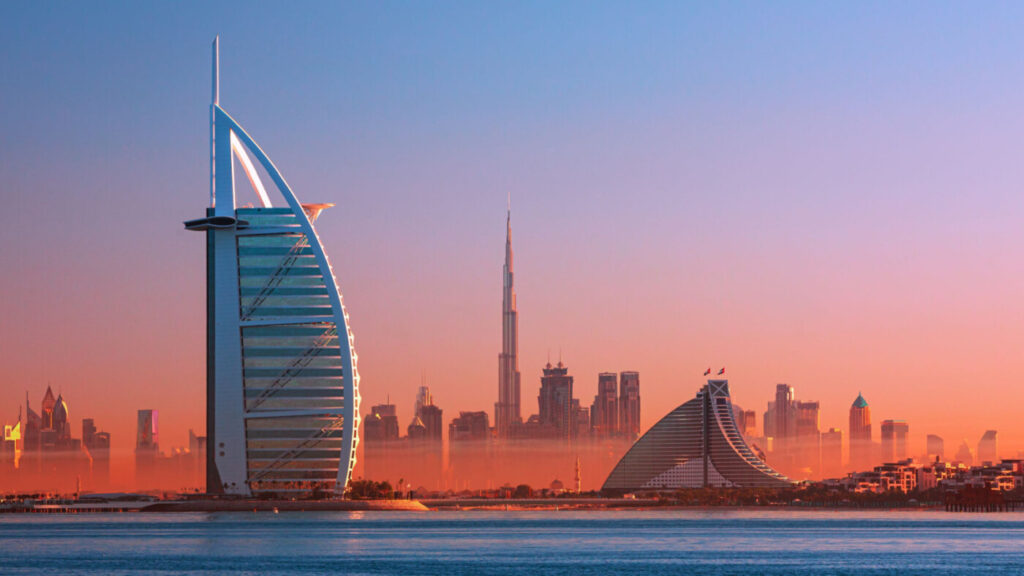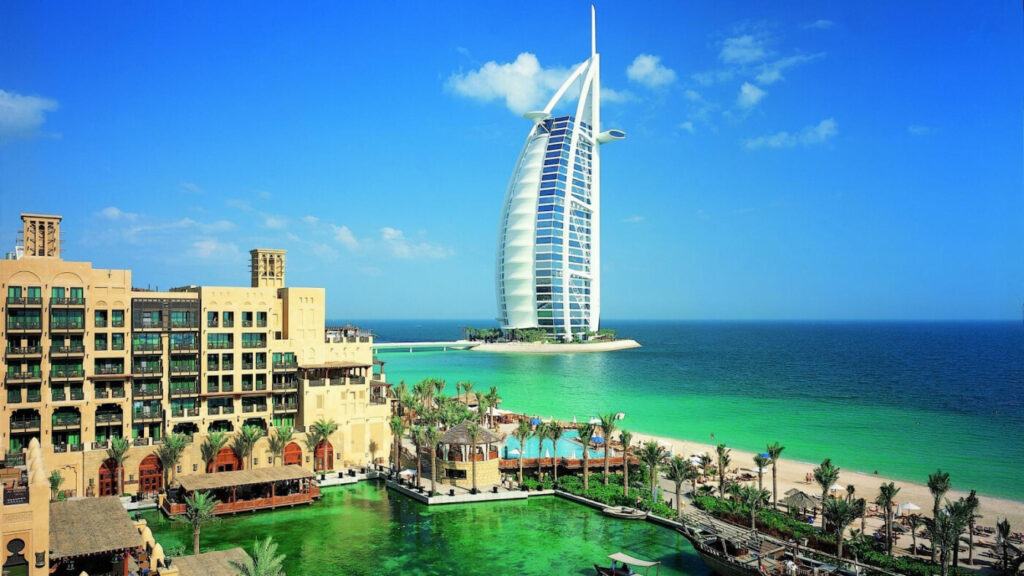
In 2002, the landscape of Dubai‘s real estate underwent a significant transformation when the government of the United Arab Emirates granted foreign citizens the right to own property in Dubai. This move initiated a construction boom that attracted investors from all over the world. With the market recovering from the COVID-19 pandemic in 2022, the demand for real estate has increased significantly, with the weighted average price per square foot increasing by 10.26%, reaching AED 1,019.
Investing in Dubai real estate offers unique opportunities, including residency options, resale profits, and rental income. Short-term rentals are in high demand, especially in the premium segment, where profitability can reach 15%. However, the main attractive factor for investors remains the favorable tax climate, offering low tax rates.

A wide range of investments includes not only residential but also commercial real estate, available to both individuals and legal entities. However, restrictions on places of purchase of real estate for foreigners are subject to the rules of the Emirate of Dubai.
READ: Architectural Masterpiece in Dubai: Dubai Creek Tower
Investors can choose between house flipping – flipping homes for a quick profit – and long-term or short-term rental strategies. The first method provides the opportunity for high ROI, although it is associated with certain risks, such as long construction times. The second option, especially short-term rental, can provide returns of up to 15% per year.
For those who prefer to minimize their personal investments, there are REITs. These funds provide the opportunity to generate income from real estate without the need to own the property itself.

There is no property tax in the traditional sense in Dubai. United Arab Emirates citizens and residents, including those with permanent residence permits, are exempt from taxes on income, capital gains, inheritance, and gift taxes. In addition, there are no wealth or luxury taxes in the UAE. When a property changes ownership, a 4% tax is paid by both the seller and the buyer.
READ: Sea Next to Your House: 5 Tips to Choose the Right Property in Dubai
Property owners in Dubai are exempt from annual property taxes but are required to pay monthly maintenance costs. These fees, charged by the Dubai Land Department, depend on the type of property (apartment, villa, office, retail premises) and its area. Usually, the cost does not exceed 30 AED per square meter. Owners are also required to pay fees for connecting to electricity and water supply to the Dubai Electricity and Water Authority (DEWA). The amount of this fee depends on the type and location of the property, ranging on average from 2,000 to 4,000 dirhams.
READ: New York Top 10: Real Estate Investment Opportunities
A property resale or rental business in Dubai can be profitable but requires serious investment. Available facilities usually have low profitability. Providing apartments for short-term rental brings higher profitability (up to 15% per annum), especially when it comes to premium housing close to tourist destinations. Long-term rent, in turn, can provide a stable income of about 6% per annum.
Commercial real estate, especially high-end offices, can generate up to 10% annual income. Purchasing real estate from a developer with subsequent resale is also a promising option, providing significant profits in a short time.